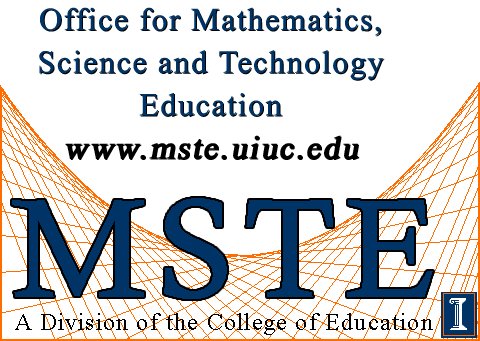Conduct a similar survey among
students from classes at your home schools and/or your parents,
siblings, friends etc. Analyze the results. Discuss differences and
similarities with the results of previous surveys. Present the results.
The project may be viewed from various perspectives:
- Food preferences
- This is what we have done so far.
- Food preparation:
- Examine records of amounts of food prepared, by day
- Food purchase
- Collect data at point of sale on kinds and amounts of
food purchased.
Profiles of data may be displayed (for example, using bar graphs) at
these three levels and analyses made.
Here are some sample questions for each perspective.
- Food preferences
- How much of each food item is to be prepared for a
given day of the week?
- How can the data on food preferences be most
efficiently and effectively used to make decisions about kinds and
amounts of food to prepare?
- Food preparation:
- Of the food that is prepared,how much is purchased
(and it is assumed, eaten) by the student?
An important part of this project will be to explore what kinds of data
are most useful to collect; how best to collect the data; how best to
make the information available to cafeteria personnel and what
questions arise in the cafeteria management process that can be
answered with the help of the kinds of data to be collected in this
project.
Examples of questions to look at:
- Do food preferences actually differ between schools,
or is the variation due only to chance factors (that is, are the
differences statistically significant)
- Do food preferences actually differ between boys and
girls; freshmen and seniors ?
Another direction for the project might be to do simulation runs of
student consumption patterns based on food preference data. Then one
could do costs analyses such as:
Some issues to consider at this point:
- What are specific links of this activity to the
mathematics curriculum and to the culinary arts curriculum ?
- What can be done to make this project a fully
cooperative one between Davea and the comprehensive schools. Example:
The idea of the Davea class identifying a problem and then calling in a
team of statistical consultants to solve the problem has potential and
needs to be pursued.
- How can technology be better used to promote
communication between the Davea class and the comp class?



